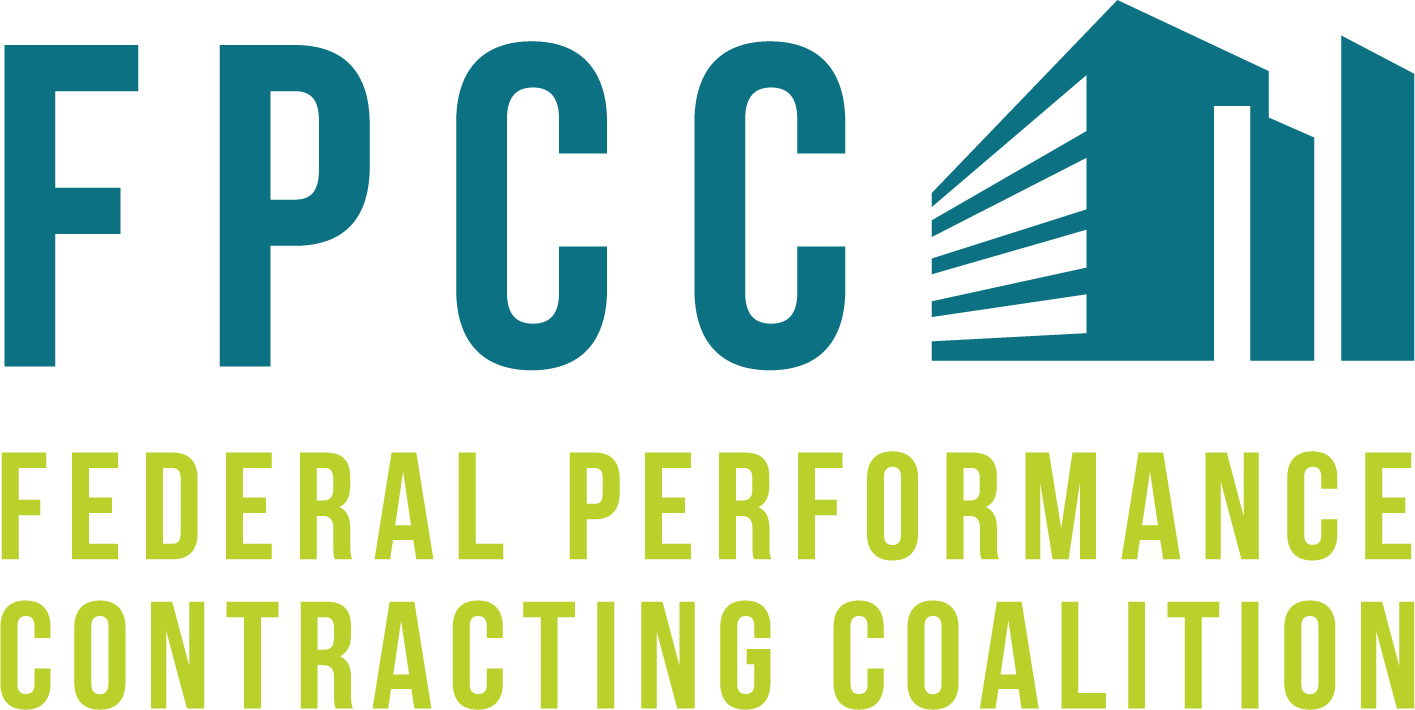If you’re considering upgrading your home’s water heating system, energy efficiency should be at the top of your priority list. An energy-efficient Water Heater Installation not only reduces your utility bills but also minimizes your household’s environmental impact. With various types and models on the market, choosing the right unit can be overwhelming—especially if you’re unsure how each system works or what features matter most.
Here’s a detailed guide to help you select the best energy-efficient water heater for your needs—and what to consider before, during, and after water heater installation.
1. Know Your Options: Types of Water Heaters
Before diving into energy ratings and features, it’s important to understand the most common types of water heaters available:
Tank Water Heaters (Conventional)
These store a set amount of hot water (typically 30 to 80 gallons) and keep it heated until use.
-
Pros: Lower upfront cost, simple installation.
-
Cons: Standby heat loss, larger footprint, less efficient over time.
Tankless Water Heaters (On-Demand)
These heat water only when you need it, using gas or electricity.
-
Pros: Highly energy-efficient, compact, provides endless hot water.
-
Cons: Higher initial cost, may require upgrades to electrical or gas systems, may need occasional tankless water heater repair for maintenance issues.
Heat Pump (Hybrid) Water Heaters
These use electricity to move heat from the air into the water.
-
Pros: Extremely energy-efficient, ideal for warm climates.
-
Cons: Require more space, slower recovery time.
Solar Water Heaters
Utilize solar panels to heat water and often have a backup electric or gas system.
-
Pros: Low operating costs after installation, eco-friendly.
-
Cons: High upfront cost, best in sunny regions, complex installation.
2. Check the Energy Factor (EF) or UEF Rating
The Uniform Energy Factor (UEF) rating, which replaced the older EF rating, measures a water heater’s efficiency based on:
-
Recovery efficiency
-
Standby losses
-
Cycling losses
The higher the UEF rating, the more efficient the unit. Look for ENERGY STAR® labels, which signify models that exceed federal efficiency standards.
3. Calculate Your Household’s Hot Water Needs
Before choosing a water heater, you need to determine the appropriate size based on your household’s daily usage:
-
For tank models: Consider first-hour rating (FHR)—how much hot water the unit can supply in an hour of high demand.
-
For tankless models: Look at flow rate (gallons per minute, or GPM) to ensure the unit can handle multiple fixtures at once (e.g., shower and washing machine).
Example sizing needs:
-
1–2 people: 30–40 gallons (tank) or 2–3 GPM (tankless)
-
3–4 people: 50–60 gallons or 4–5 GPM
-
5+ people: 70+ gallons or 6+ GPM
4. Consider Fuel Type and Availability
Water heaters are powered by electricity, natural gas, propane, or solar energy. The right choice depends on:
-
Local utility costs
-
Fuel availability
-
Installation compatibility
Gas models typically have faster heating and lower operating costs than electric ones but may require ventilation upgrades. Electric models are easier to install and maintain but can be pricier to run, especially in colder climates.
5. Understand Installation Requirements
Different water heaters have different space and venting needs. For example:
-
Tankless units are wall-mounted and save space but might require rerouting plumbing or electrical lines.
-
Heat pump water heaters need ample clearance around them and work best in warm, well-ventilated spaces.
-
Solar systems require adequate roof space and direct sun exposure for optimal efficiency.
Always consult a licensed professional before installing a new system to ensure code compliance and safety.
6. Factor in Maintenance and Longevity
No matter how efficient your water heater is, its performance can deteriorate without proper care. For instance:
-
Tank heaters should be flushed annually to remove sediment buildup.
-
Tankless systems may need descaling and filter cleaning every 6–12 months, especially in areas with hard water.
-
Hybrid and solar heaters may require periodic inspection of sensors and auxiliary systems.
7. Weigh Upfront Costs vs. Long-Term Savings
Energy-efficient models tend to have higher upfront costs but pay for themselves through lower energy bills. Consider the total cost of ownership, which includes:
-
Purchase price
-
Installation cost
-
Operating expenses
-
Maintenance and repair over time
Look into rebates and incentives offered by local utility companies or federal programs. These can significantly reduce the initial investment in energy-efficient models. And if you ever need professional service to keep your system running efficiently, reliable water heater repair in Twin Falls, ID can help extend the life of your unit and maintain its energy-saving performance.
8. Think About Smart Features
Modern water heaters now include smart features like:
-
Wi-Fi connectivity for remote control and monitoring
-
Vacation modes to reduce energy use when you’re away
-
Leak detection and automatic shutoff to prevent water damage
These features not only increase convenience but can also reduce your operating costs and extend the life of your unit.
Choosing the best energy-efficient water heater is about balancing performance, cost, and environmental impact. Whether you opt for a tankless, hybrid, or solar-powered system, doing your homework upfront can lead to years of savings and satisfaction.
Just be sure to work with experienced installers, schedule regular maintenance, and keep an eye out for early warning signs of trouble—so you can enjoy efficient hot water with fewer surprises.
